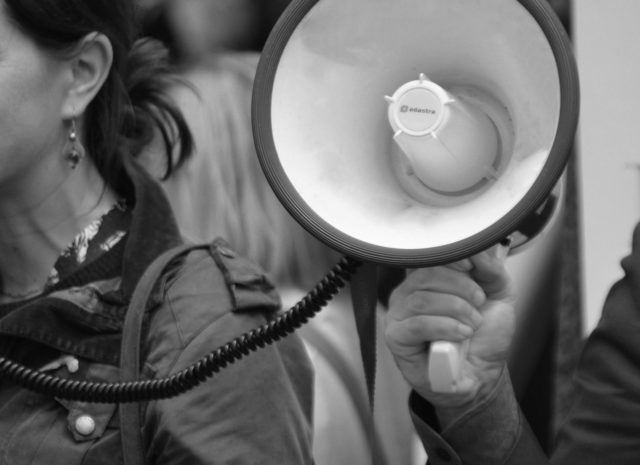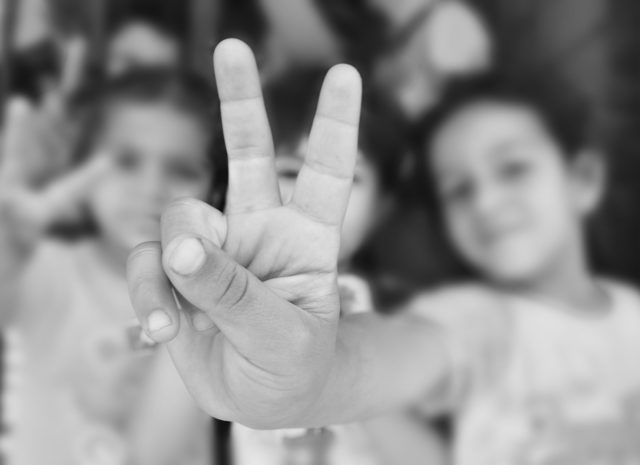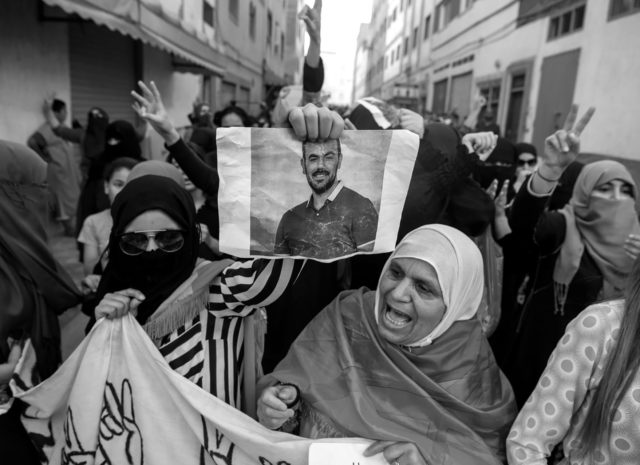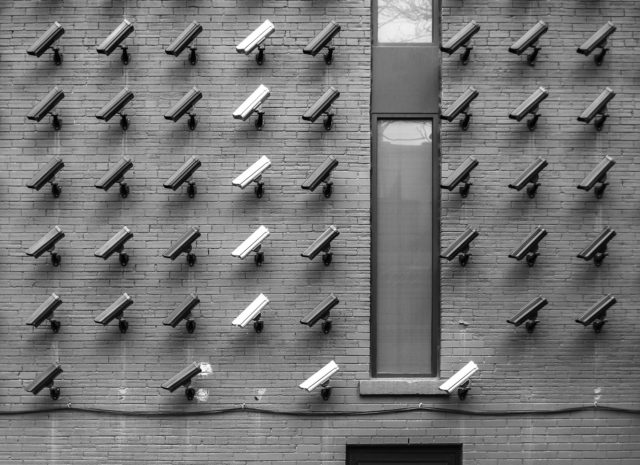Civil society represents an underused resource to confront violent extremism. We can offer a positive and nonviolent vision of our future together that can create an effective alternative message in front of the voices and groups that promote violence. Civil society needs to be supported, protected and empowered to make a constructive contribution to confront violent extremism.
However, the good-willing positions expressed have not been followed by real on-the-ground measures to reinforce the civil society contribution to prevent violent extremism. Actually, there is a growing concern that states are interested in restraining the space of civil society. In the name of fighting terrorism, governments have curtailed political freedoms and imposed restrictive measures against human rights defenders and civil society activists in many countries. States systematically invoke national security and public safety to shrink the space of independent civil society activities. In many countries, special legislative and regulatory measures have been used to crack down on NGOs and activists who advocate for social change and criticize government policies. These measures make it more difficult for civil society actors to promote human rights and tolerance as an essential element in the prevention of violent extremism. It is essential to maintain and protect civil society if we want to address the conditions conducive to the spread of terrorism.
The following document aims to share good practices to prevent all forms of violent extremism in the Euro-mediterranean region, who have been classified both by the different Goals of the OPEV Plan of Action as well as the 3 main regions of the Euro-mediterranean region.
You can read more here:







